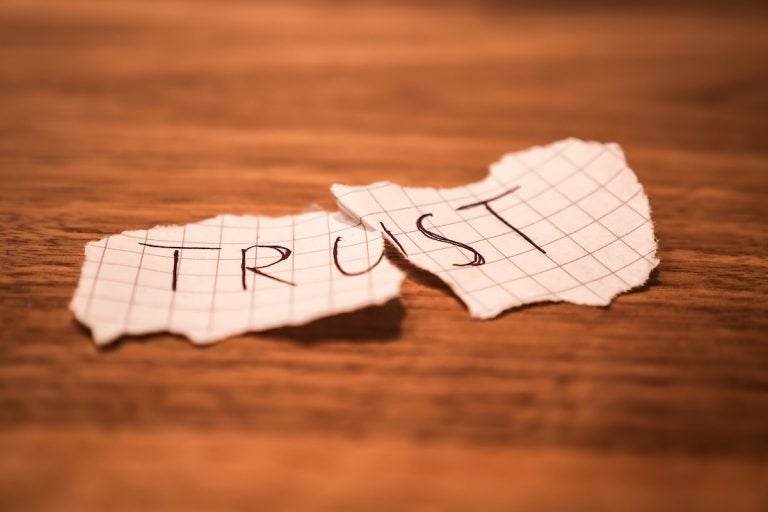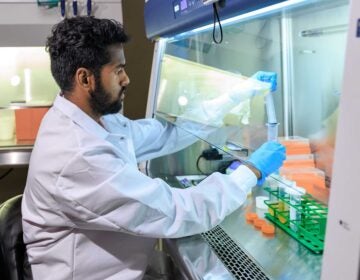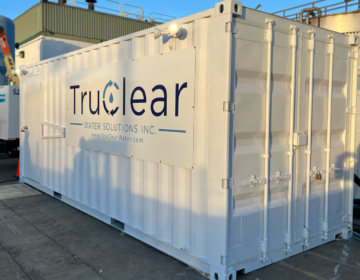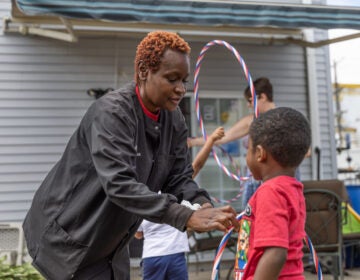In Science We Trust
Listen 48:12
From anti-vaxxers to climate change deniers and even flat-Earthers, there’s a lot of mistrust in science. But how did we get here in the first place? How did we lose public trust in science and medicine — and is there a way to rebuild it? In this episode of The Pulse, we explore these questions — and the fallout for health and innovation when trust in science disappears.
Also heard on this week’s episode:
- Harvard University public health researcher David Williams talks about the wrongdoings and mistakes that have contributed to distrust of healthcare among minorities.
- One day in 2015, FBI agents with guns burst into physicist Xiaoxing Xi’s house, and arrested him for economic espionage. Did a wider mistrust of Chinese scientists send the government to his door?
- Historian Audra Wolfe discusses the role scientists played in the arms race — and the impact on people’s trust in science. Her new book is “Freedom’s Laboratory: The Cold War Struggle for the Soul of Science.”
- There’s a new national initiative working to uncover the things that build trust among doctors and patients. Richard Baron of the ABIM Foundation says that sometimes, it’s about little things — like not mispronouncing a patient’s name.
- Drexel University’s Mike Yudell — a public health historian and ethicist — digs into the “mad scientist” trope, explaining what it says about public perceptions of science.
Segments from this episode
WHYY is your source for fact-based, in-depth journalism and information. As a nonprofit organization, we rely on financial support from readers like you. Please give today.






